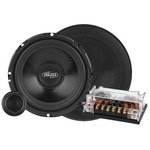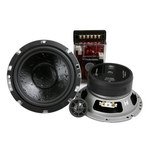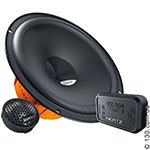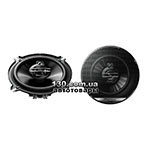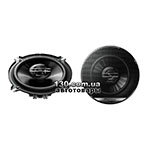Car acoustics and health: how loud music in the car affects the driver

Music in the car has long been commonplace, helping to pass the time on the road, boosting mood and keeping the driver alert. However, there is also a downside: the impact of loud music and low frequencies on the driver can have a negative impact on his health, especially on his hearing and concentration. Let's take a closer look at how car acoustics, namely the frequency and volume of sound affects a person.and how to avoid negative consequences.
Effects of loud music on hearing
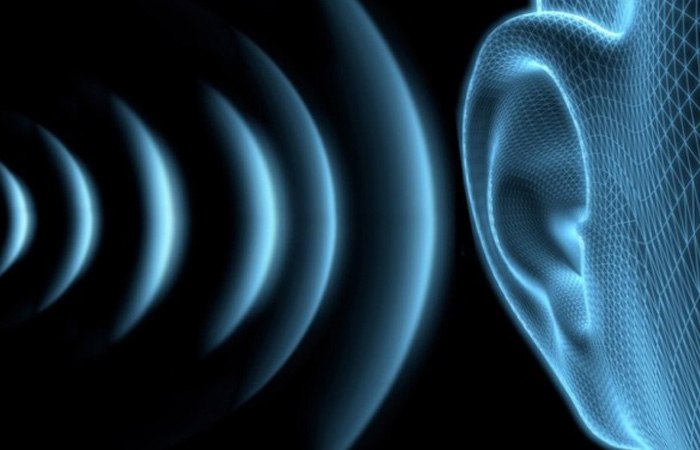
Sound is perceived differently in the confined environment of a car interior than in an open space. The acoustics inside the car increase the impact of sound waves on the hearing organs, which can lead to hearing damage. This is especially true of loud music, which may seem comfortable at first glance, but in fact creates a hearing-damaging environment.
Increased volume. When music is played at high volume levels, the acoustic load on the ears increases several times over, which can lead to temporary or even permanent hearing loss. Prolonged exposure to high noise levels, such as listening to loud music in a car, can cause cumulative hearing damage such as tinnitus (ringing in the ears).
Increased exposure to low frequencies. Low-frequency sounds (bass) in music have a stronger impact on the ears and brain, especially when a person is in a confined space. This may not only reduce auditory sensitivity, but may also lead to increased fatigue, which is exacerbated during long journeys.
According to studies, prolonged exposure to loud music causes 10-20% hearing loss, and this can be irreversible.
Music and driver concentration

Listening to your favorite songs at high volume while driving is not only hazardous to your hearing, but can also cause a driver to lose concentration. This is especially dangerous in heavy traffic, when the driver is required to react quickly to rapidly changing situations on the road.
The driver's concentration is affected by music in the following ways:
- The brain has to process a large amount of sound information, and if it is received at a high volume, it can lead to overload and impaired attention span. As a result, the driver's perception of important sounds on the road, such as car horns, ambulance sirens and others, is impaired.
- Studies have shown that loud music can reduce a driver's reaction to external stimuli by 20%. This means that in the event of an emergency, the driver may be delayed in reacting, which in turn increases the risk of accidents.
- Some music genres, such as hip-hop, rock and metal, can provoke aggressive driving behavior. This manifests itself in sudden acceleration, sudden braking and other dangerous maneuvers. Drivers who listen to such music at a higher than average volume are more likely to cause accidents because their concentration is reduced and impulsive behavior increases.
To maintain concentration, experts recommend avoiding loud music while driving, especially if you're making complicated maneuvers like parking or overtaking.
The effect of low frequencies on brain function
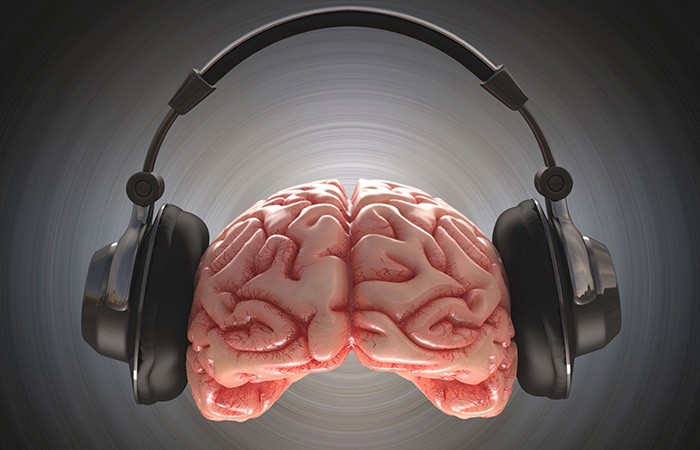
Bass is very important in music, as the low frequencies add more rhythm and depth to the sound. However, when music is played loudly in a car, the bass can have a negative effect on the driver, especially if it is too powerful.
The main negative factors that are noted when exposed to low frequencies:
- Cognitive decline. Processing low frequencies places a high strain on the brain, making it difficult to perform even simple and familiar driving maneuvers. Low frequencies create vibrations that can provoke fatigue and even headaches, which is especially dangerous over long distances.
- Deterioration of visual attention. Vibrations caused by low frequencies can distract the driver from the road. The brain can begin to “cut off” peripheral visual cues, increasing the likelihood of missing important details, including road signs, pedestrians, animals on the road, and more.
- Increased nervousness. Constant exposure to low frequencies can lead to increased nervous tension and aggression. This is because strong monotonous vibrations make the brain tired and the driver finds it more difficult to control emotions.
The impact of speaker and audio system quality on health
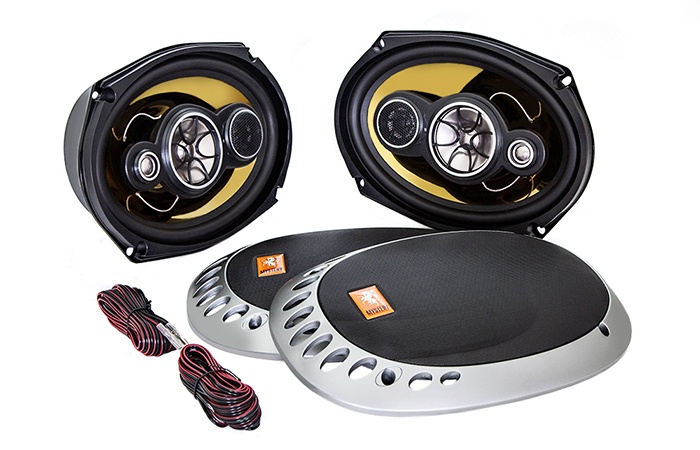
The quality of a car's audio system also plays an important role in how music affects the health of the driver. Cheap or poorly tuned speakers can distort sound, especially low frequencies, creating harsher and more aggressive audio waves that unnecessarily strain the hearing organs. This can accelerate hearing loss and cause irritation, even if the volume is not too loud.
Poor sound quality in general requires the driver to turn up the volume to make up for the loss of detail, resulting in increased negative impact. Investing in quality acoustics with good sound isolation will help reduce the strain on hearing and improve the overall experience of music in the vehicle cabin.
When choosing car speakers, pay attention to the following parameters:
- Favor trusted brands - well-known car audio component manufacturers offer systems with minimal distortion and natural frequency reproduction.
- Adjust the equalizer - a properly tuned sound will help balance the high, mid and low frequencies to avoid overstressing your hearing.
- Control the bass level - the bass should not be very powerful.
How can I reduce the negative health effects of music?
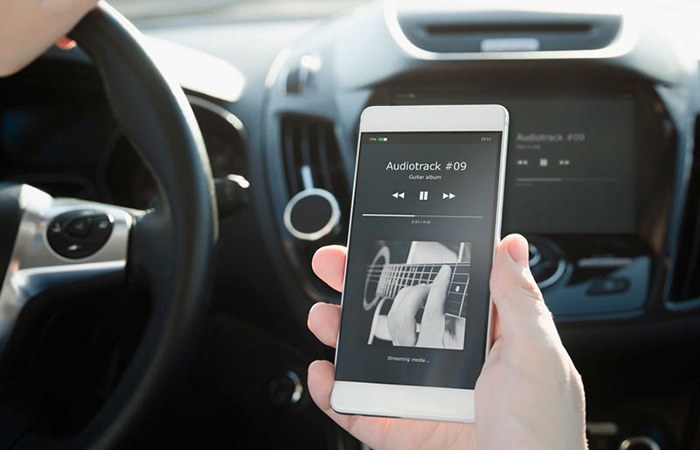
To avoid the problems that loud music can cause, follow some simple rules:
- Keep the volume at a moderate level. Do not turn your music up to the maximum level. It is best to keep the volume at a level where you can hear outside sounds such as car horns and sirens.
- Choose the right genres of music. To maintain concentration, it is better to choose calm music such as classical or jazz. It will help reduce stress and will not irritate your ears.
- Limit your listening time. To avoid prolonged exposure to loud music, it is recommended that you take periodic breaks or enjoy silence altogether, especially during long journeys.
- Use voice control. Instead of being distracted by changing the volume or selecting a track while driving, use voice control. This will keep you focused on the road and reduce the risk of accidents.
Music behind the wheel is not only a pleasant background, but also a factor that affects the health and safety of the driver. Loud music and low frequencies can have a negative impact on hearing, reduce concentration and increase aggression. For safe driving, it is important to control the volume, choose calm music genres and avoid powerful bass.
In the online store 130.com.ua you can buy quality car speakers with delivery in Kiev, Kharkov, Odessa and other cities of Ukraine.
Related Materials
Car acoustics: Top sellers

Stay tuned for updates!
Subscribe to our Telegram channel and be the first to receive useful materials.
Subscribe
















